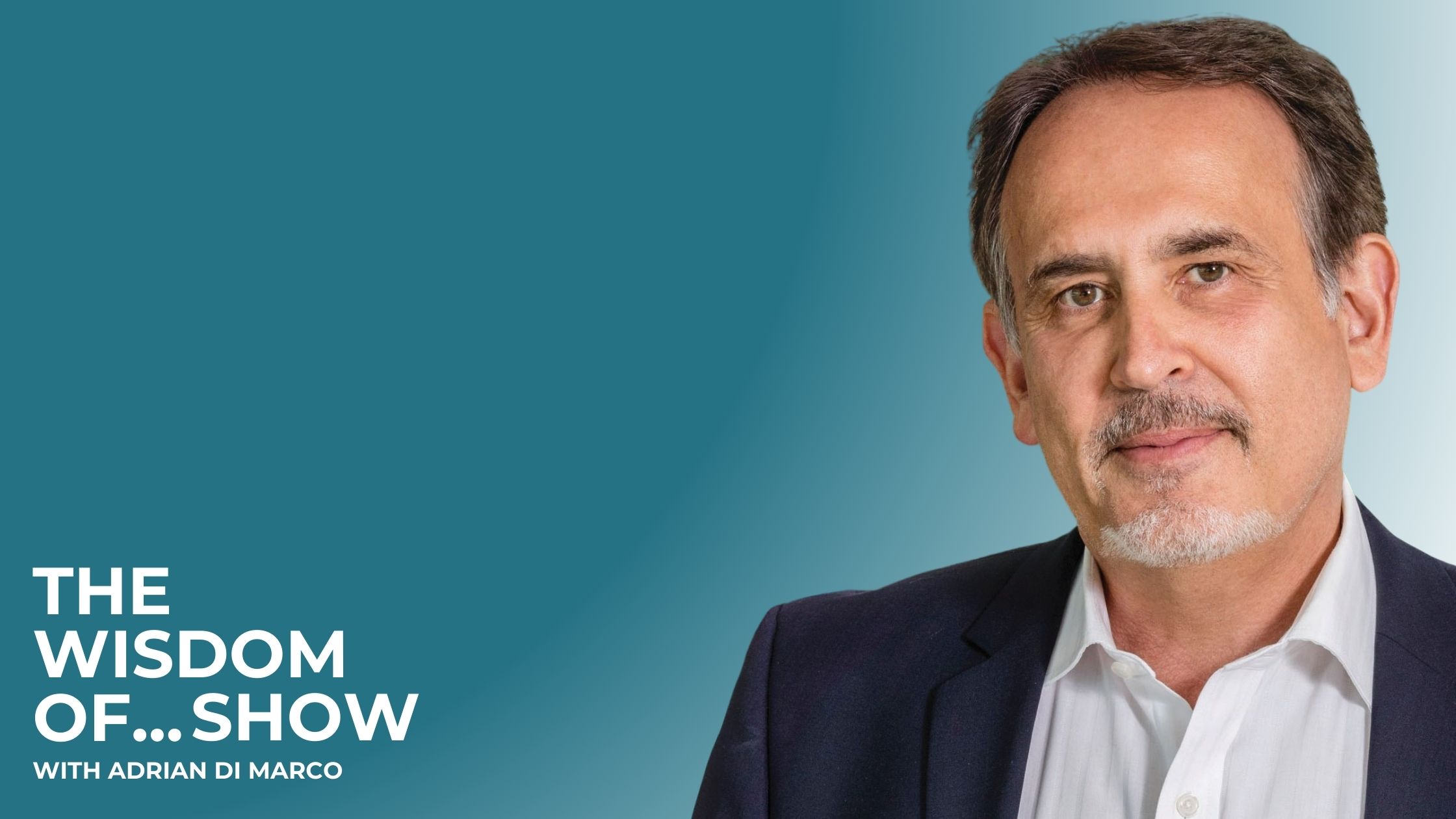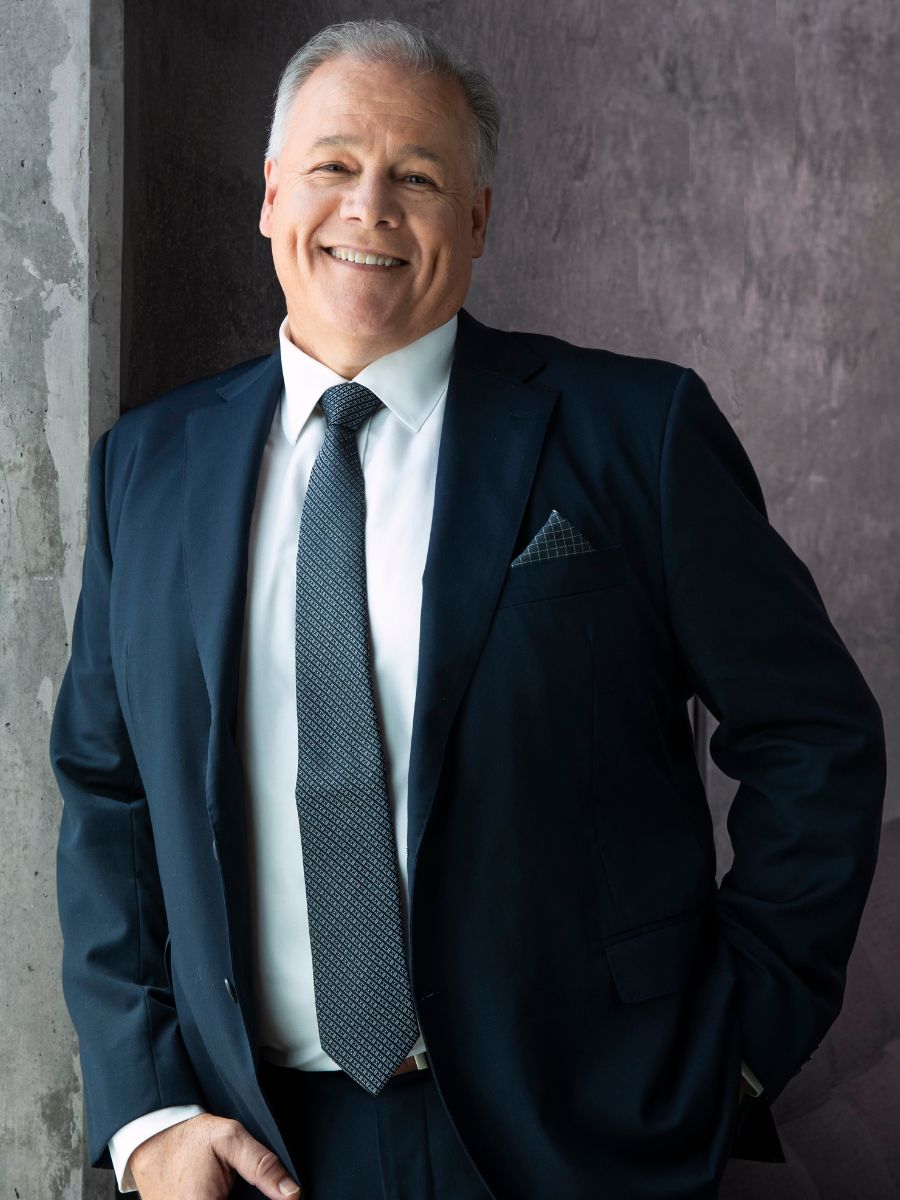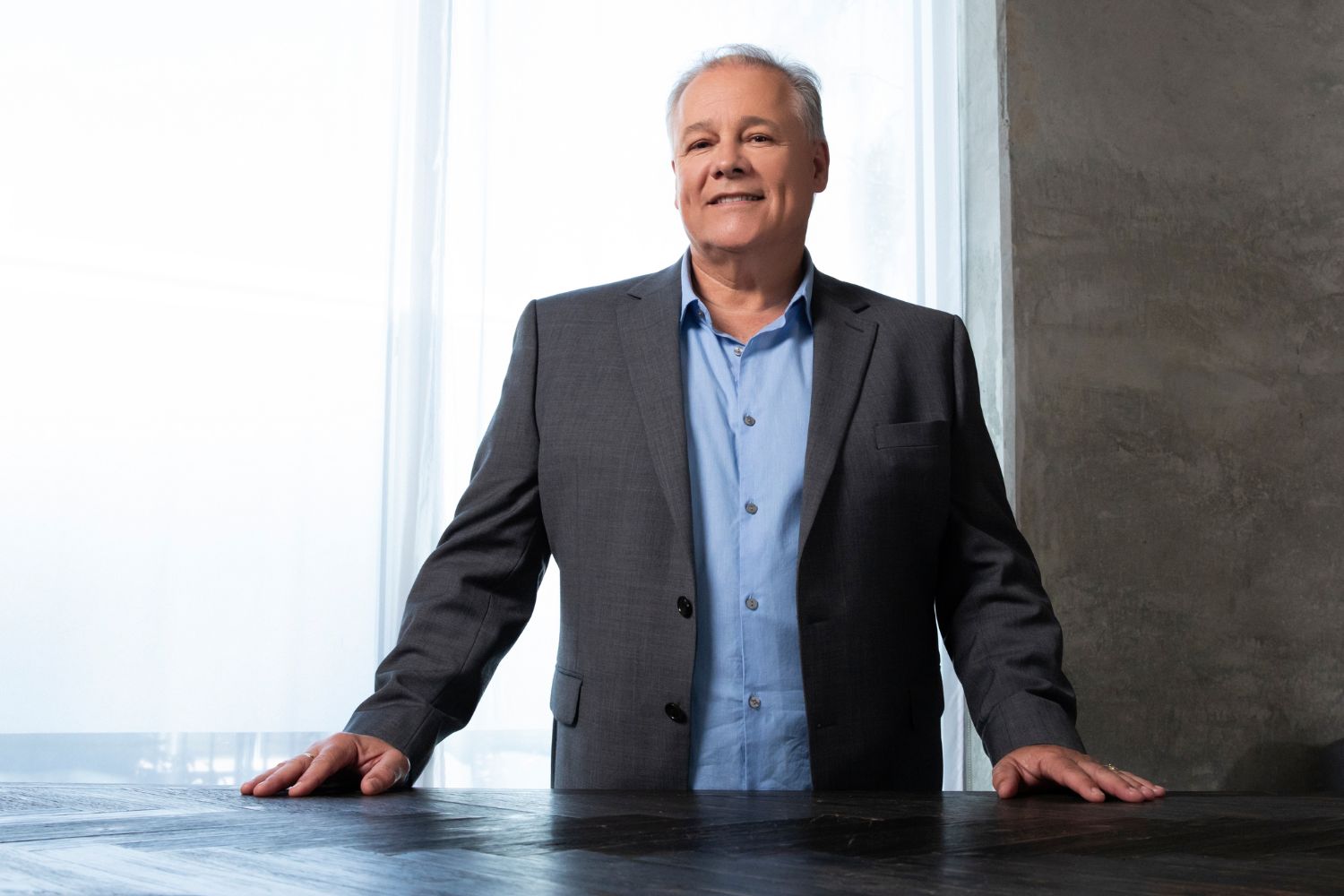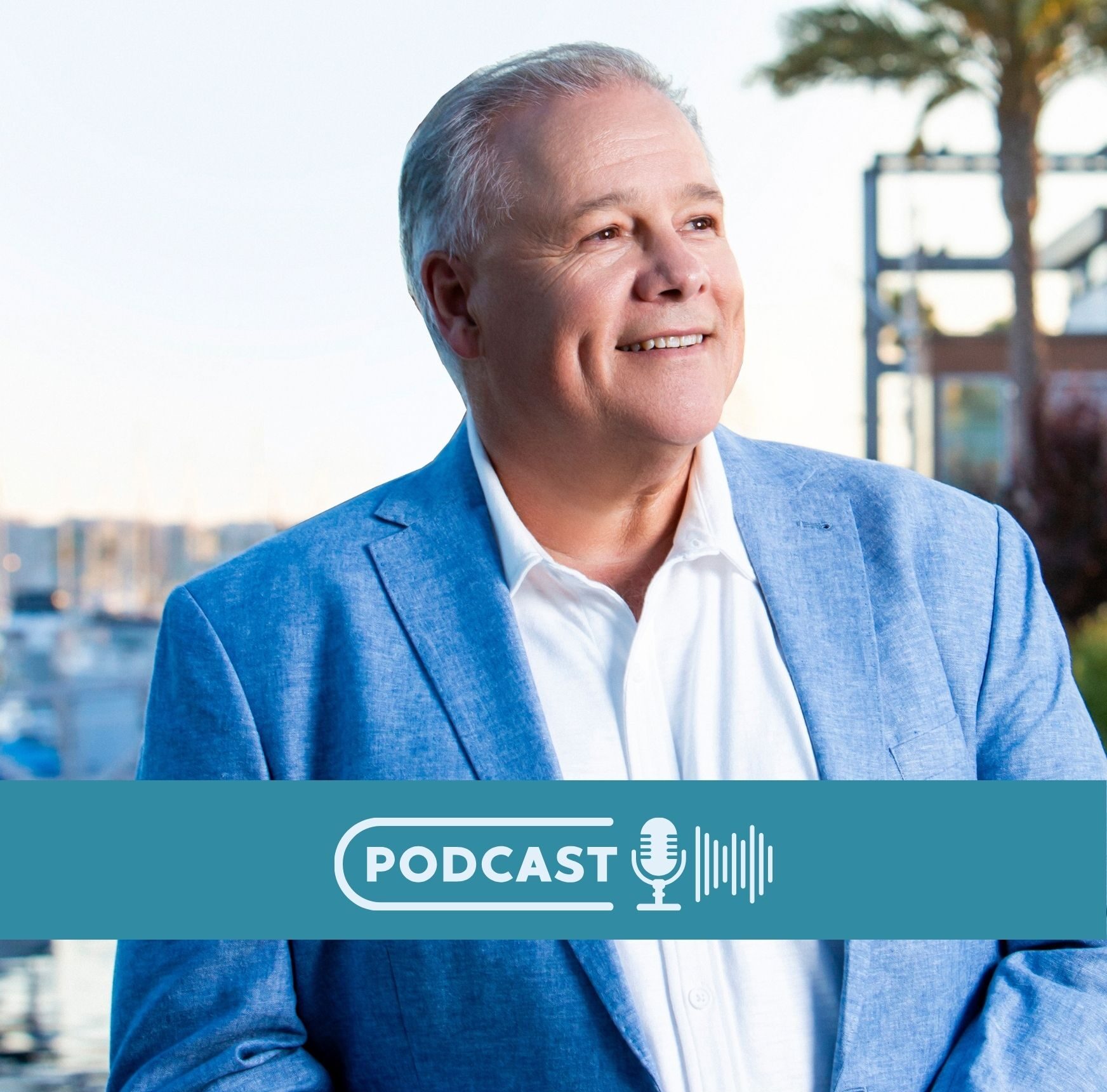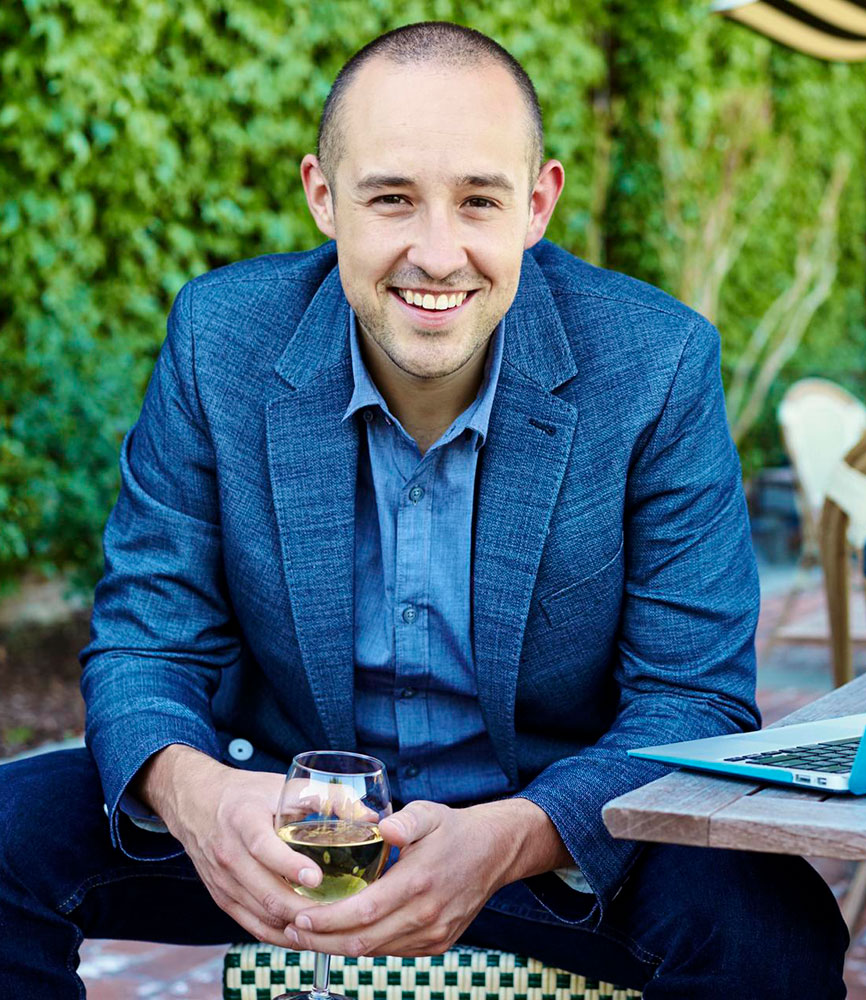In a world obsessed with disruption, the deepest wisdom often comes from those who understand stewardship.
There’s a moment in every leader’s journey when they realize their purpose extends far beyond personal achievement. For Pam Johnson, that moment came in a bankruptcy courtroom, surrounded by farmers whose lives had been shattered by forces beyond their control.
As she watched the devastation unfold, something crystallized. She couldn’t remain a bystander to suffering when she had the capacity to speak, to act, to make a difference. Standing up in that courtroom to confront those responsible wasn’t just about defending farmers—it was about accepting the weight of influence that comes with true leadership.
The Steward of Generations
Pam Johnson’s story spans the intersection of tradition and transformation. As a sixth-generation farmer who became the first female president of the National Corn Growers Association, she embodies a rare leadership archetype: the steward who honors legacy while pioneering change.
Her influence extends far beyond agriculture. As chair of the NCGA Research and Business Development Action Team, she collaborated with the USDA and National Science Foundation to facilitate the final mapping of the corn genome—a breakthrough that transformed agricultural science. As a founding member and former president of MAIZALL, the International Maize Alliance, she united corn grower associations from Argentina, Brazil, and the United States to address global trade barriers.
Yet perhaps her most profound achievement is something that rarely makes headlines: successfully transitioning a multi-generational family enterprise while hardwiring the values that made it possible.
The Philosophy of Paying Attention
During our conversation on The Wisdom Of… Show, Pam shared what she calls the “antenna up” philosophy—a way of leading that transcends agriculture and applies to any domain where impact matters.
“It’s just paying attention to life,” she explained. “It’s a balance between praying and doing, acting and just being. Always having your antenna up to see what the world needs and how you can help.”
This isn’t passive observation. It’s active stewardship of possibility. It’s the difference between leaders who react to circumstances and those who anticipate what the world needs before it knows it needs it.
The antenna up philosophy recognizes that leadership isn’t about having all the answers—it’s about staying perpetually tuned to the right questions.
Character Under Pressure
Farming, Pam notes, is the ultimate laboratory for character development. “If you’re farming, you expect during the day there’s gonna be things that go right, but there’s also gonna be things that go wrong that are out of your control. You have a choice: How are you gonna react? Are you gonna blow up, or are you gonna put your shoulder to the wheel and fix things?”
This resilience wasn’t theoretical for Pam and her late husband Maurice. They survived the farming crisis of the 1980s and the hog market collapse of 1998—periods that destroyed many good people through no fault of their own. Their approach was shaped by generational wisdom: live within your means, save and expand gradually, and always prepare for the lean times that inevitably come.
“We were both sixth-generation farmers, so we had heard the stories of the Depression,” she reflected. That historical perspective provided context that turned potential panic into practical preparation.
Breaking Barriers Without Breaking Values
As the first woman to lead the National Corn Growers Association, Pam could have focused on the historic nature of her achievement. Instead, she focused on something more fundamental: “For me, it just boils down to being kind.”
Her approach to breaking barriers wasn’t about confrontation—it was about contribution. Rather than demanding recognition for being different, she earned respect by being indispensable.
“The world needs balance in leadership, both male and female,” she observed. “We actually need women who are in leadership roles to bring the dimensionality that comes from them being women, as opposed to doing it the way the men do it.”
This insight transcends gender dynamics. It’s about bringing your authentic strengths to leadership rather than conforming to existing patterns that may not serve the future.
The Ultimate Question of Legacy
Perhaps the most profound aspect of our conversation centered on legacy—not just what you achieve, but what you leave behind. Pam spoke about transitioning the family farm to her sons while ensuring the values that built it remained intact.
“I told them from the get-go, I do not want to be a 95-year-old lady turning over my farm to 70-year-old kids. That’s a travesty to everybody.”
The wisdom here extends far beyond succession planning. It’s about recognizing that true leadership involves preparing others to surpass your own achievements. As Pam puts it: “What are you leaving? What’s your legacy? What are you leaving personally? What are you leaving as a business?”
For business leaders navigating their own succession challenges, Pam’s approach offers a framework: transition early enough that the next generation has time to truly lead, not just inherit.
Wisdom for the Path Forward
What emerges from Pam’s story is a leadership philosophy that feels both timeless and urgently needed. In an era of rapid disruption and technological transformation, the principles of stewardship, character under pressure, and antenna up awareness become even more critical.
The questions that guide Pam’s approach to leadership are ones every executive should consider:
-
What does the world need that I’m uniquely positioned to provide?
-
How do I transition power while hardwiring the values that created success?
-
Am I leaving carnage behind me or a greater contribution?
Her final thought encapsulates the essence of wisdom leadership: “I’m so grateful for what life has put on my plate and to be able to share with others.”
This gratitude isn’t passive—it’s active stewardship of the opportunities and influence we’ve been given. It’s the difference between leaders who accumulate power and those who multiply it for future generations.
The Antenna Up Challenge
As we face the complexities of 2025 and beyond, Pam Johnson’s antenna up philosophy offers a different way forward. Instead of being overwhelmed by the pace of change, we can choose to pay deeper attention to what truly matters. Instead of hoarding knowledge and influence, we can focus on hardwiring values that will outlast our tenure.
The most profound leadership often starts with the simplest awareness: paying attention to what the world needs and having the character to respond with our best contribution.
That’s the wisdom of stewardship. That’s the legacy worth leaving.

